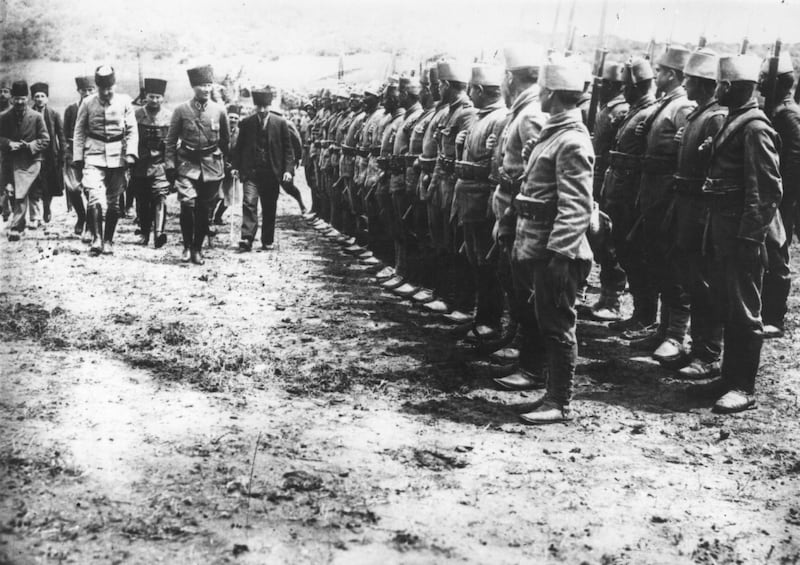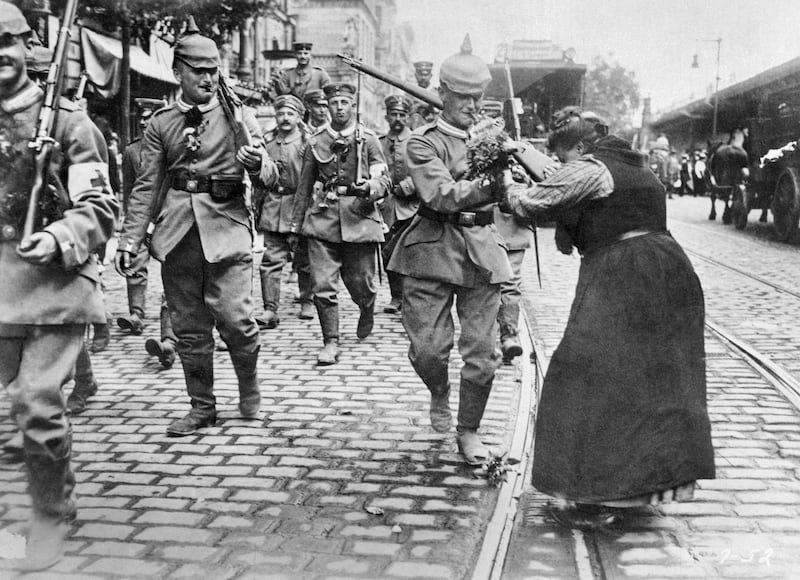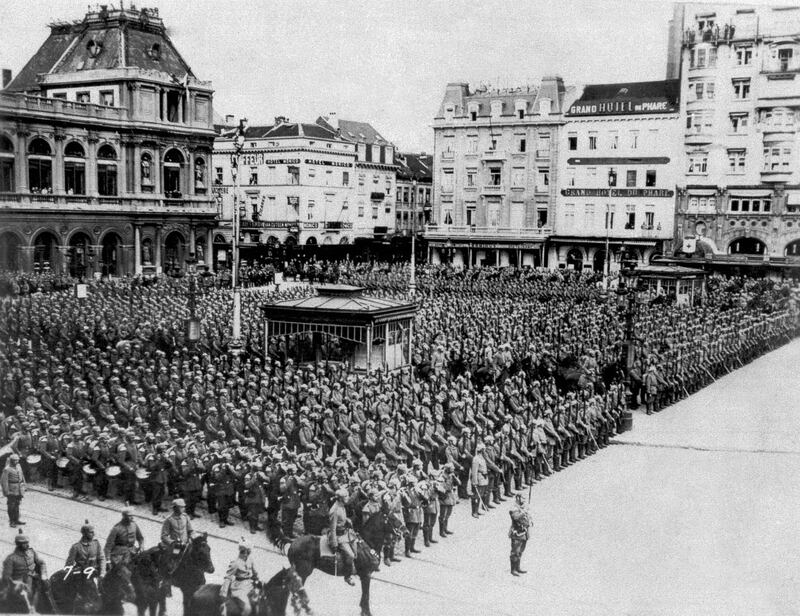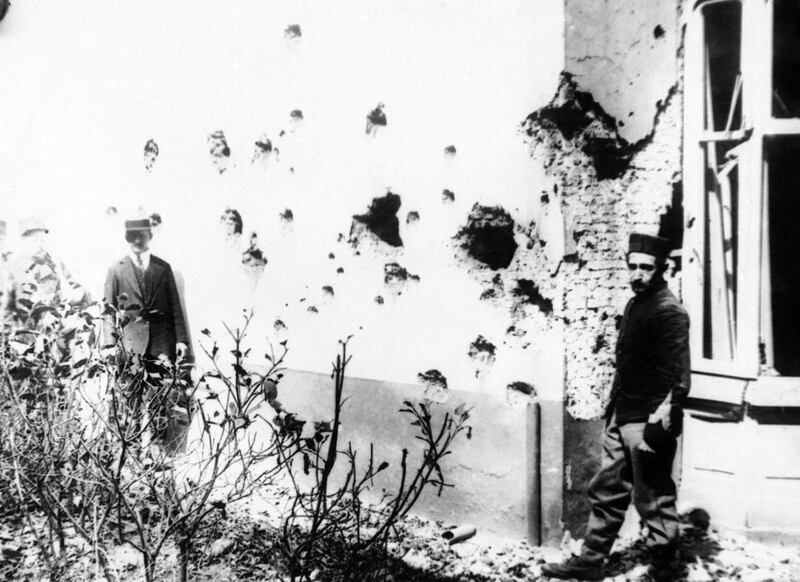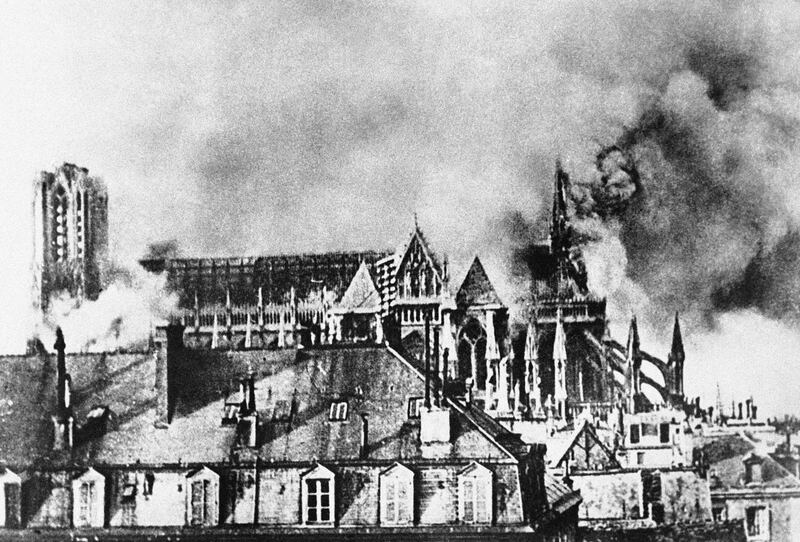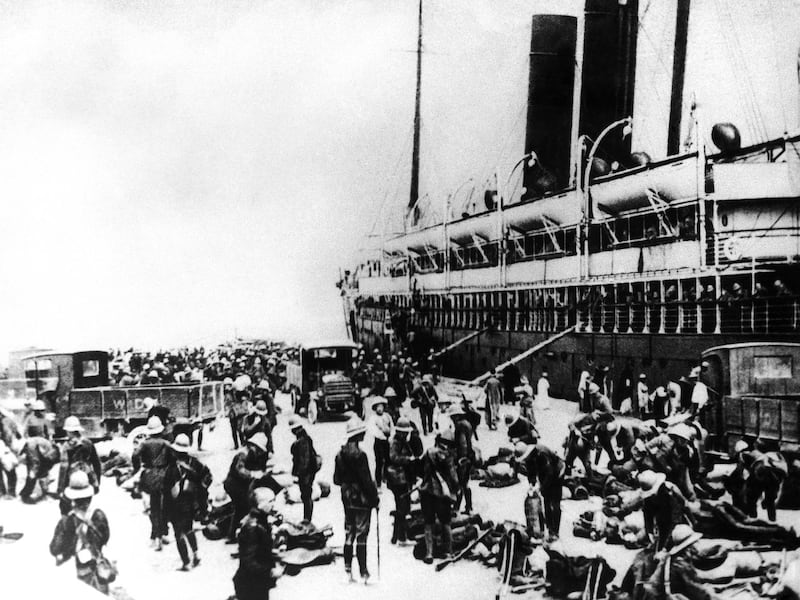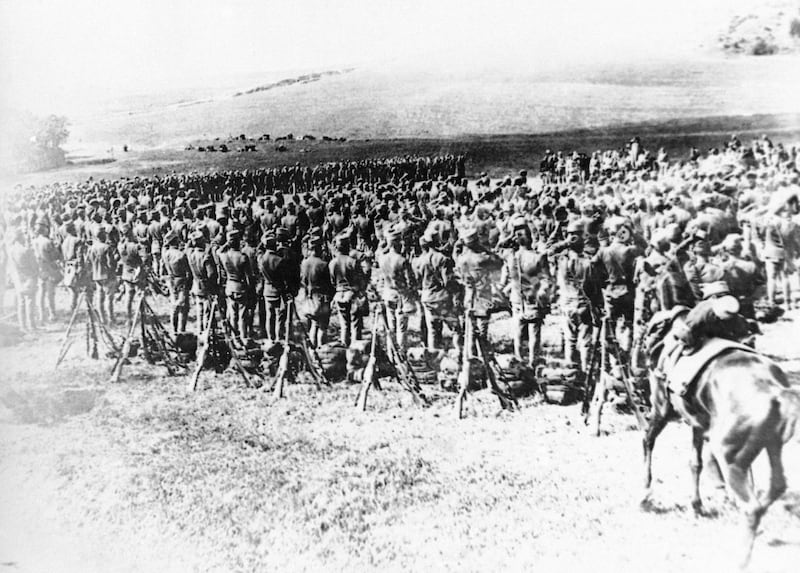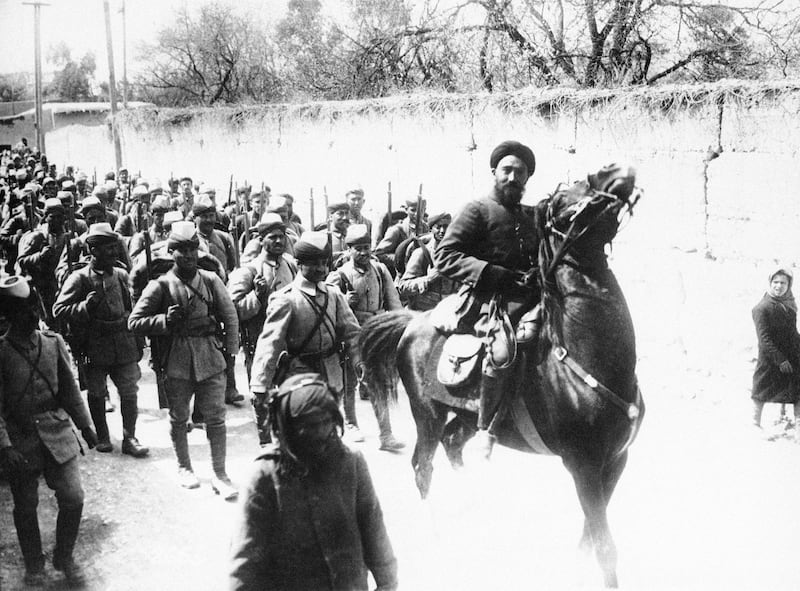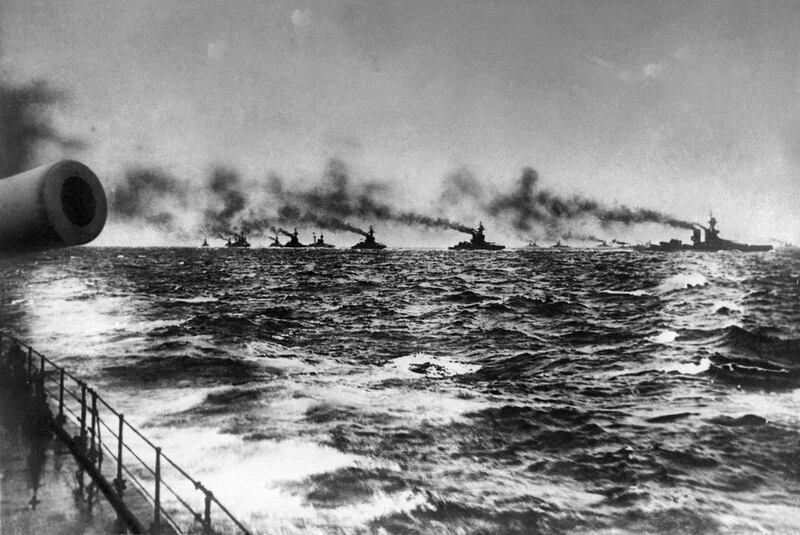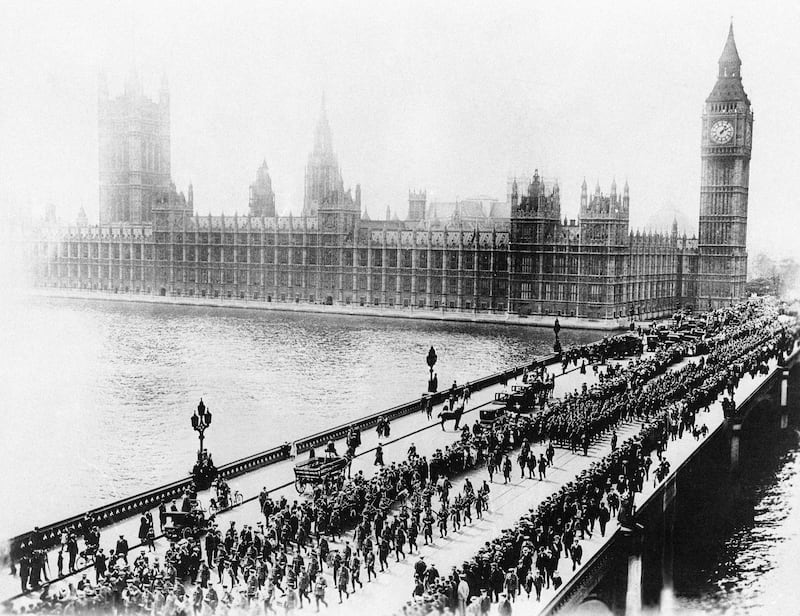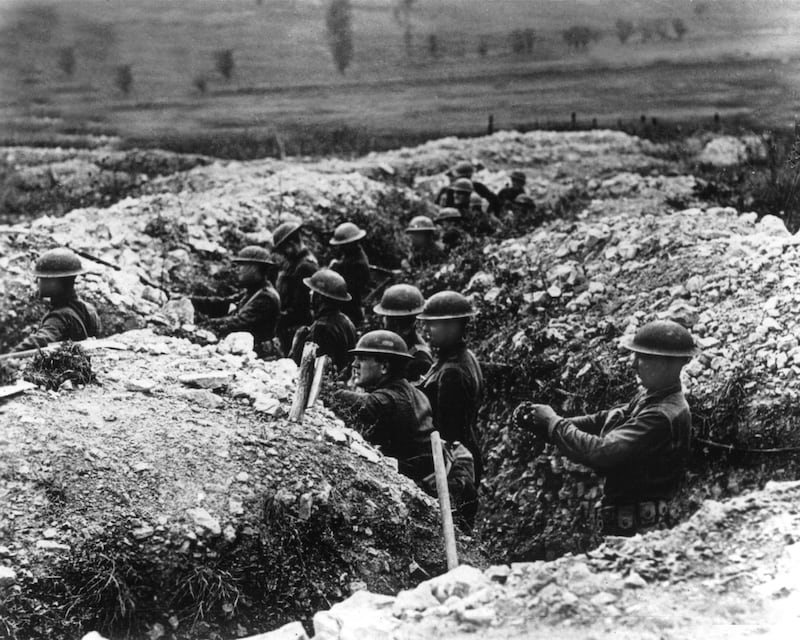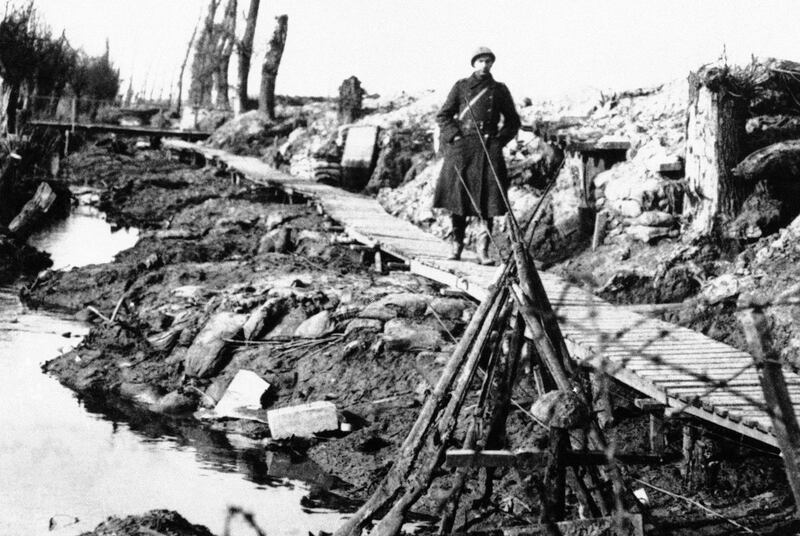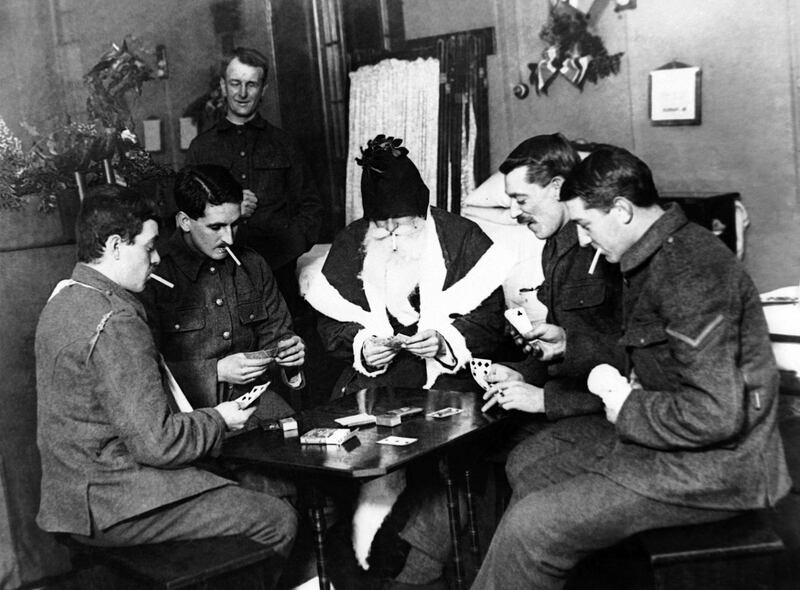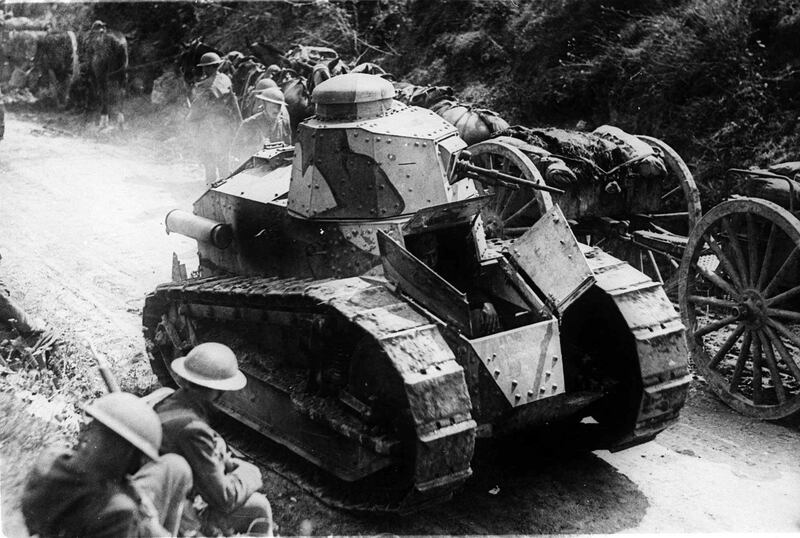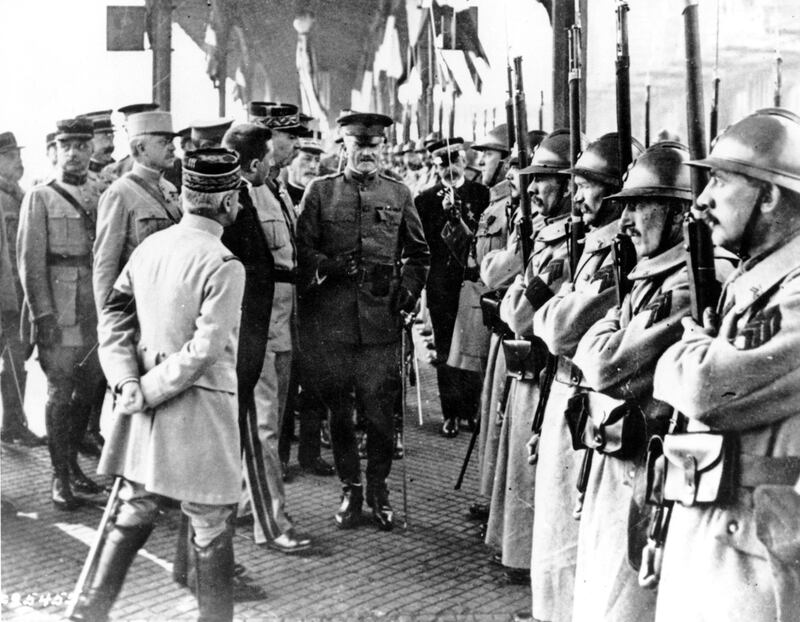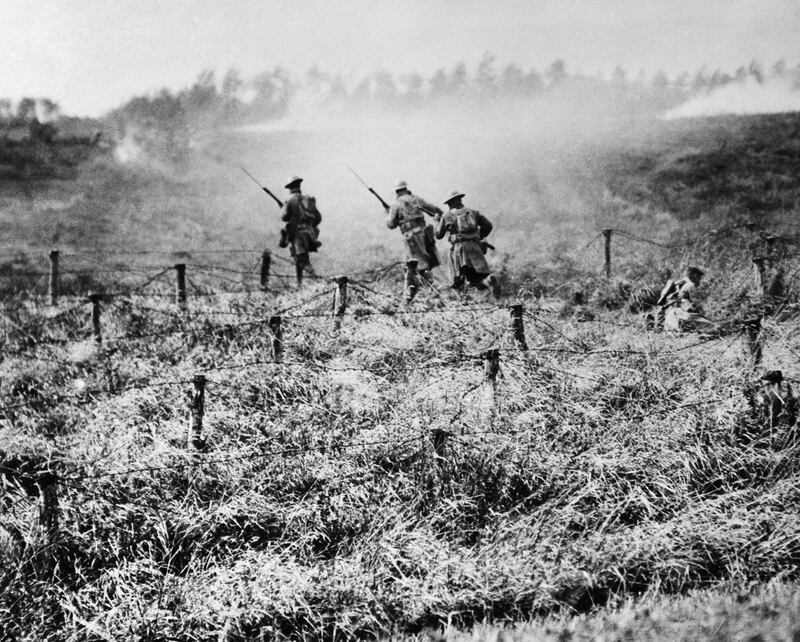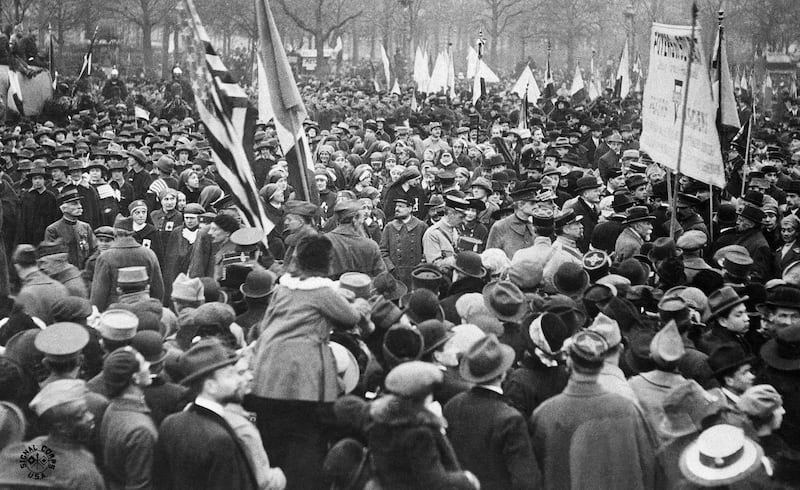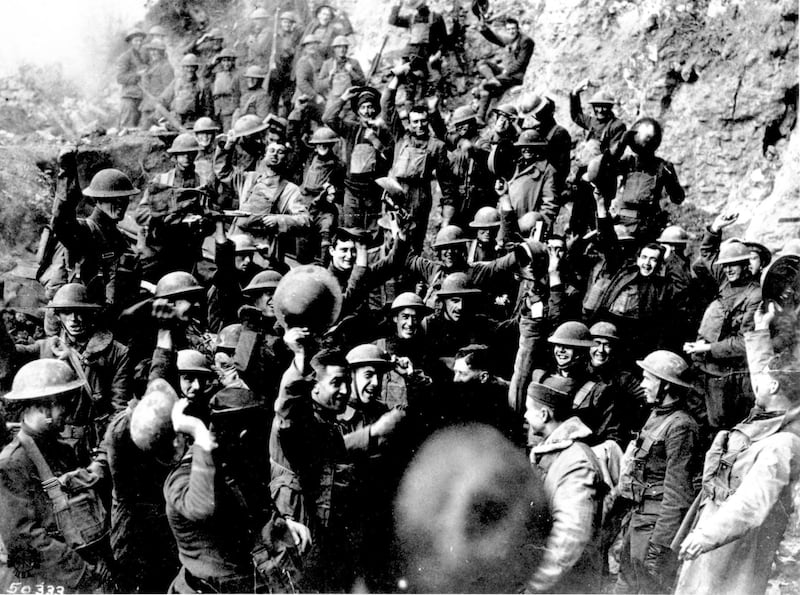As the world commemorates the centenary of the end of the First World War, few people in Turkey will be marking Armistice Day on Sunday despite the impact it has had on the Turkish national consciousness.
Observing the end to hostilities in 1918 is a yearly event for most countries touched by the conflict, but in Turkey it is absorbed among a string of events that led to the fall of the 600-year-old Ottoman Empire and the creation of the modern Turkish Republic – not least the bloody four-year independence struggle that followed the war.
"For most Turks the First World War was an Ottoman war but the War of Independence was the first war we fought as Turks," political analyst Murat Yildiz told The National.
However, the absence of countrywide ceremonies belies the way that the aftermath of defeat shaped public attitudes towards the West and even neighbours in the Middle East – a phenomenon known as "Sevres syndrome", after the post-war treaty to carve up Anatolia that never came into being.
“It boiled up through the 19th century and culminated with the question of who were the culprits who forced the dissolution of the empire,” said Prof Ahmet Evin, a senior scholar at Sabanci University’s Istanbul Policy Centre.
“The whole narrative was based on the idea that the glorious empire was lost because of the animosity, political machinations and power projection of the outsiders – the West.”
The end of the First World War saw the Ottomans stripped of their possessions outside Anatolia as Britain and France divided up Arab lands to the south in accordance with the secret Sykes-Picot deal.
The allies occupied Istanbul and planned to carve up western and southern Anatolia into spheres of influence for France, Greece, Italy and Britain.
But the War of Independence scotched these plans and modern Turkey came into existence.
According to a study by the British Council, Turkey’s “collective memory of this period is coloured by these events”.
In a 2014 survey, the council found nine out of 10 Turks felt the country was still affected by the consequences of the First World War and nearly half said the war “contributes strongly to my country’s identity”.
More than half said the conflict and its outcomes “have a lasting impact on my country’s international relations and how it is viewed by other countries today”.
These sentiments are often presented through conspiratorial opinions in Turkish newspapers or by politicians when they refer to plots by “imperialists” to undermine Turkey. They are encapsulated in the popular adage “the Turk has no friend but the Turk”.
In a televised address two weeks after a failed 2016 military coup, President Recep Tayyip Erdogan blamed the attempt on “foreign powers” and said the “scenario was written outside of Turkey”.
A few months later, as Turkish forces were engaged in a military incursion in Syria, he raised the spectre of efforts to divide Turkey a century earlier. “At this critical time when there are attempts to restructure the world and our region, if we stop we will find ourselves facing Sevres conditions,” he warned.
This summer, when the lira suffered a drastic fall, leading politicians accused unidentified foreigners of waging “economic war” on Turkey.
The dredging up of century-old enmities is not confined to the West. The Arab Revolt of 1916 – often characterised as a “stab in the back” for the Ottomans – has provided Turkey with ammunition to chastise its southern neighbours when the situation suits.
Perhaps the most sensitive issue arising from the war for Turks is the mass killing of Ottoman Armenians in eastern Anatolia in 1915.
Some historians claim up to 1.5 million Armenians died while being force-marched to Syria and have labelled it as genocide.
Turkey disputes the description of events and the number of deaths and has reacted angrily to any foreign recognition of genocide.
When Pope Francis and German MPs called the deaths genocide, Ankara recalled its ambassadors to the Vatican and Berlin. In a reference to Germany’s record in the Second World War, a spokesman for Mr Erdogan said: “Having committed the largest genocide in modern history, Germany resorts to lies about Ottoman Armenians to relieve itself of guilt.”
_____________
Read more on the First World War
Pictures: 20 photos from the world at war
[ My Uncle Jack died with his Pals at the Somme. It shattered and then galvanised Tyneside ]
Forgotten Muslim heroes of Great War immortalised in London exhibition
Tower of London glows to mark centenary of the end of First World War - in pictures
How the First World War shaped the borders of the Middle East
